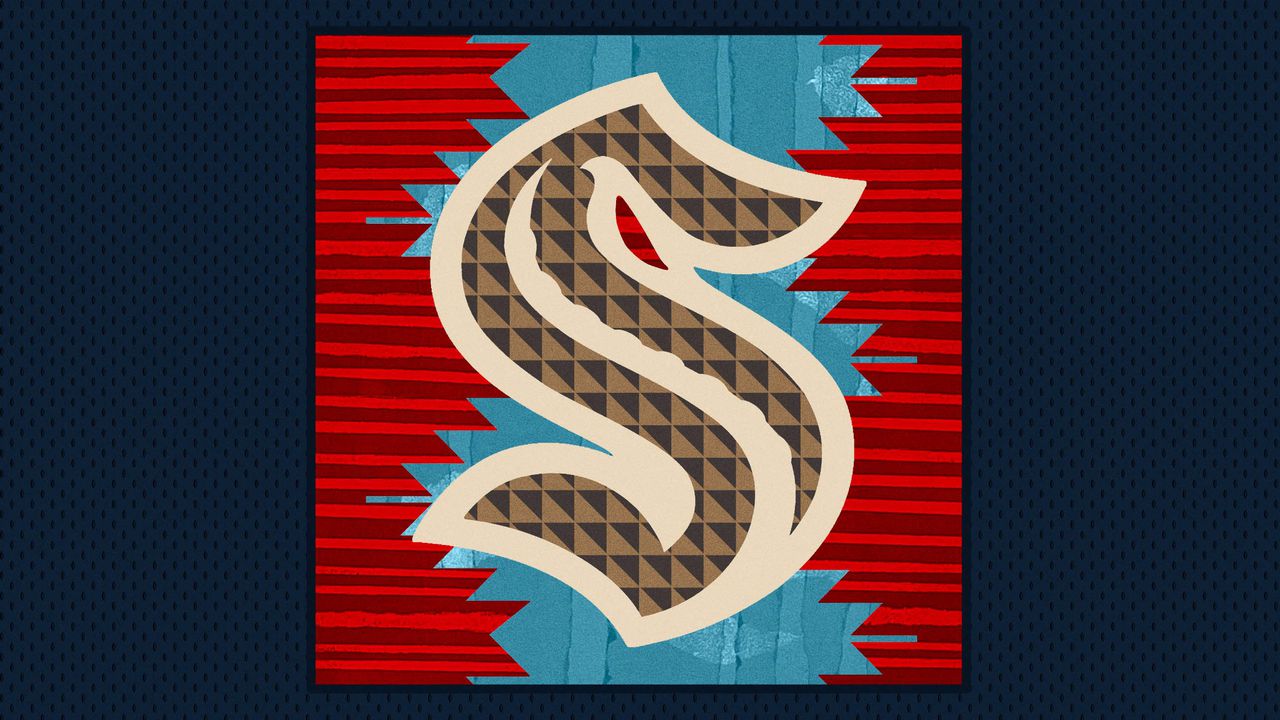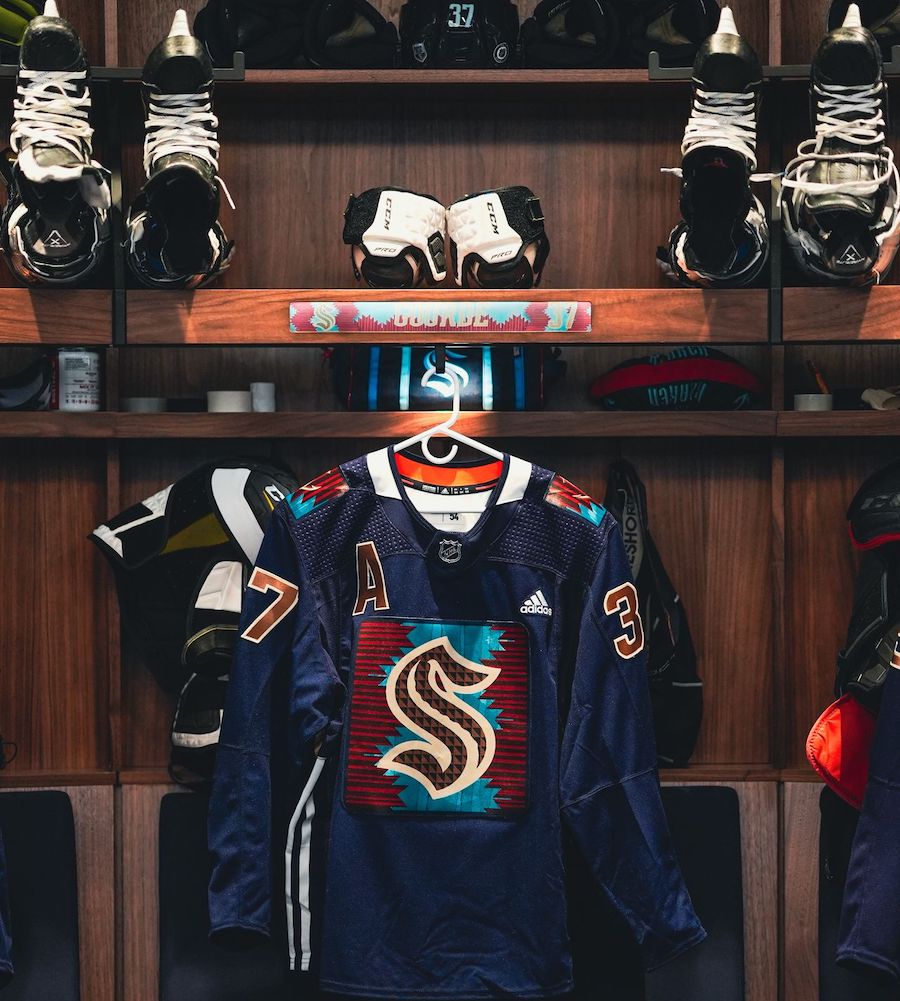
NHL’s Seattle Kraken elevates Indigenous culture & voices
January 21, 2022
The National Hockey League’s (NHL) Seattle Kraken is taking steps to engage and celebrate Native American fans and tribal communities. Through dedicated Indigenous games to embracing Indigenous traditions, the team is working to elevate Native voices.
The Native people of the American Northwest Coast set up permanent homes in the area around 10,000 years ago, across parts of modern-day Alaska, Washington, Oregon and Yukon and British Columbia in Canada. By 3,000 B.C., tribes had set up permanent villages along the rivers, peninsulas and islands of the region. The name of Seattle comes from Chief Si’ahl (pronounced “See-ahlth) which makes Seattle the only major city named after a Native chief.
The NHL’s newest franchise wants to engage with the region’s tribal leaders and others in Indian Country to make them feel more involved within the sport. Indian Country is a "general description of Native spaces and places within the United States, and it is inclusive of the hundreds of tribal nations that occupy these spaces." During the team’s Indigenous People’s Night game in December 2021, 200 members of the area’s Native American community were invited to watch the game in the stands and the team sported a specially designed jersey inspired by traditional Karuk basketry.
“Hockey has not historically been the most representative sport. That’s not a secret,” said Mari Horita, vice president of community engagement and social impact for the Kraken. With a desire to start “fresh with a clean state”, the team has prioritized working with all underserved communities that traditionally may not have been exposed to the game.
“We need to be inclusive, we need to be representative, we need to be a team and an arena where everyone really sees themselves, knows that they are seen and respected, and where we all feel a part of the story,” Horita said.
As part of this vision, the team wrote a land acknowledgment statement with the input of tribal leaders and consultants who specialize in Indian Country. With Seattle historically being the land of Coast Salish tribes, the statement recognizes the team playing on the “homelands of the Coast Salish people” while appreciating “Washington’s tribal nations and Native organizations, who actively create, shape and contribute to our thriving communities.”
To help guide their efforts, the team brought in Indian Country consultants, Pyramid Communications, to help facilitate work with tribal leaders and organizations. The firm's Indian Country director, Temryss Lane said their advice to the Seattle Kraken team was to use the land acknowledgment statement as a launching point for more intentional work and to establish a relationship with the Native American people.

Lane attended the Indigenous People’s Night game last month and said that the team seem to have taken the advice to go beyond the land acknowledgment and engage with the Indigenous community seriously.
The first outreach efforts to Indian Country included the team meeting with local tribal leaders and other organizations. One of the biggest takeaways from these meetings says Horita, was the tribal leaders' desire to focus efforts on working with youth. They also wanted to give Indigenous people another way to amplify their voices and stories, which led to the team’s art projects by Indigenous artists.
“This is a long journey, and we have a lot of work to do,” Horita said. “And I’m certainly not saying we’re doing it perfectly, or we do it exactly right, every time. But we are trying to be as intentional as possible.”
Kyle Boyd, the Seattle Kraken’s director of youth and community development said that the ultimate goal in Indian Country was to engage those who haven’t traditionally participated in hockey. “Oftentimes, that access to the game is limited for youth of color, rural youth, minorities in general, who aren’t growing up in those suburban communities,” he said.
Deejay Alook a First Nations hockey coach who has worked with the Kraken on some of their Indigenous youth initiatives, is also the founder of Tribal Hockey. The non-profit aims to increase participation in the sport among youth through tournaments and camps.
Earlier this year, Alook and Kraken partnered to produce a video about the history and basics of hockey for Muckleshoot tribe youth and have also hosted introduction events to the game through ball hockey events.
Alook and the Seattle Kraken are looking to break down the barriers to access to the sport for Indigenous youth and continue to engage and elevate Native voices with the vision to one day have a league or annual tournament for tribal teams in the Pacific Northwest.
Source: The Oregonian
The NHL are Beyond Sport Founding Supporters.